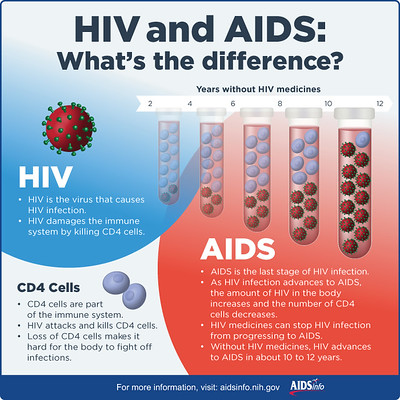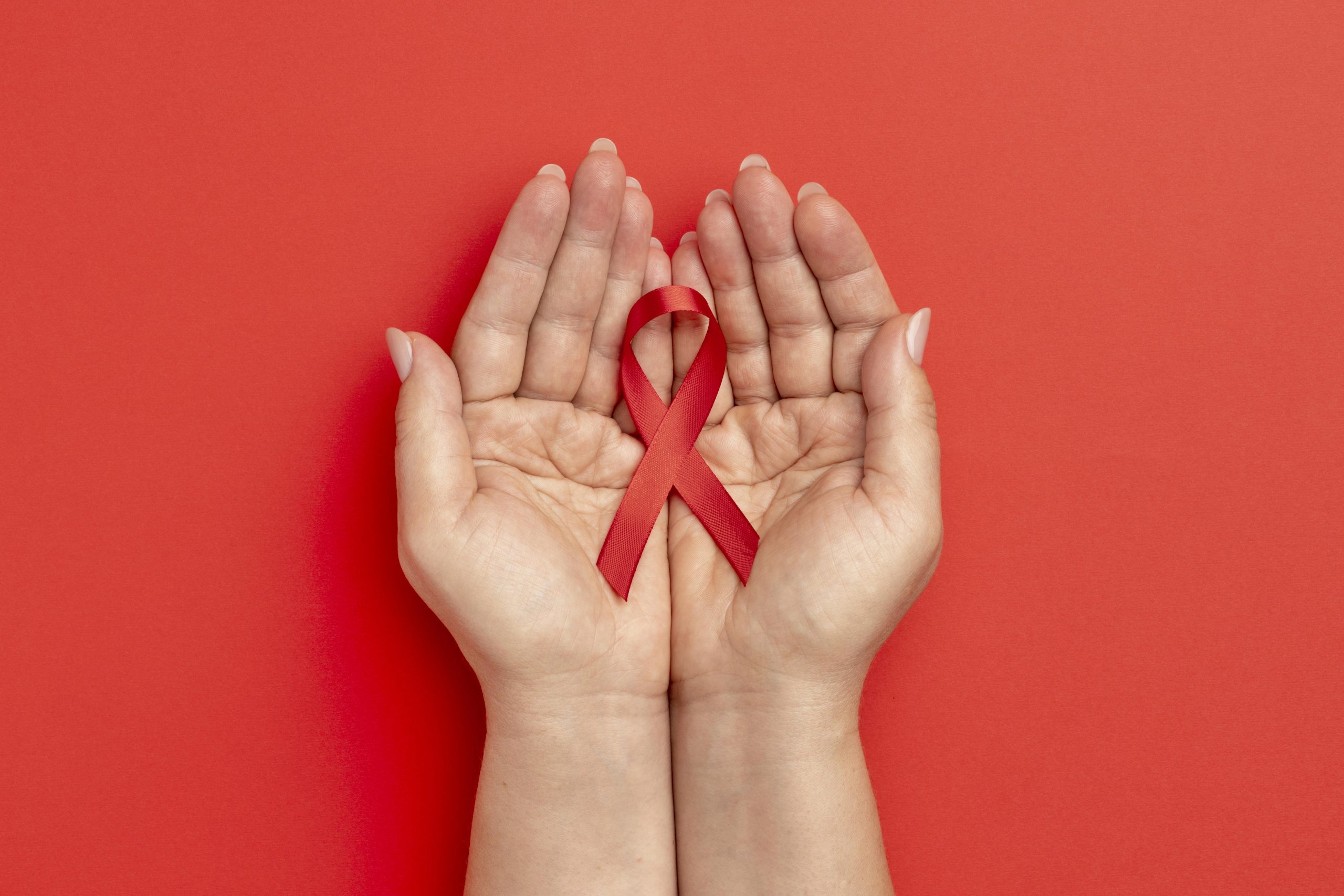The theme for this year’s World AIDS day is Remember and Commit.
It serves as an opportunity to honour those who have lost their lives and a commitment to working towards a future where HIV is no longer a public health threat.
“The 35th commemoration of World AIDS Day is an opportunity to reflect on our journey, acknowledge and celebrate the progress we’ve made, and recognise the challenges remaining,” said Admiral Rachel L. Levine from the United States Department of Health and Human Services.
“The battle is far from over,” she concluded.
It has been 42 years since the first AIDS cases were officially diagnosed, although there is evidence that it was transmitted from monkeys as early as 1959.
At the time, the disease was given the name GRID (Gay-Related Immune Deficiency), as well as “gay plague”, “gay syndrome”, and “homosexual syndrome”.

“AIDS is a late phase of HIV infection,” said Dr Asier Sáez-Cirión, head of the Viral Reservoirs and Immune Control Unit at the Institut Pasteur in France.
“We really need to break down this direct HIV/AIDS association because it represents an obstacle to the eradication of HIV infection.”
The development of antiretroviral treatments has led to people with HIV having “relatively normal lives without ever developing the disease”.
Earlier this year, the Australian Government made a commitment to continue to provide funding for the HIV Taskforce.
Minister for Health and Aged Care Mark Butler said he was proud of the efforts, but more work needed to be done.
“Australia has some of the lowest HIV infection rates in the world and we need to continue to work together to drive that down to zero.
“In addition to being overrepresented in HIV statistics, LGBTIQA+ Australians continue to face bias and discrimination in the health system — an unacceptable situation in Australia in 2023.”
Both Australia and the United States are working towards ending HIV transmission by 2030.






